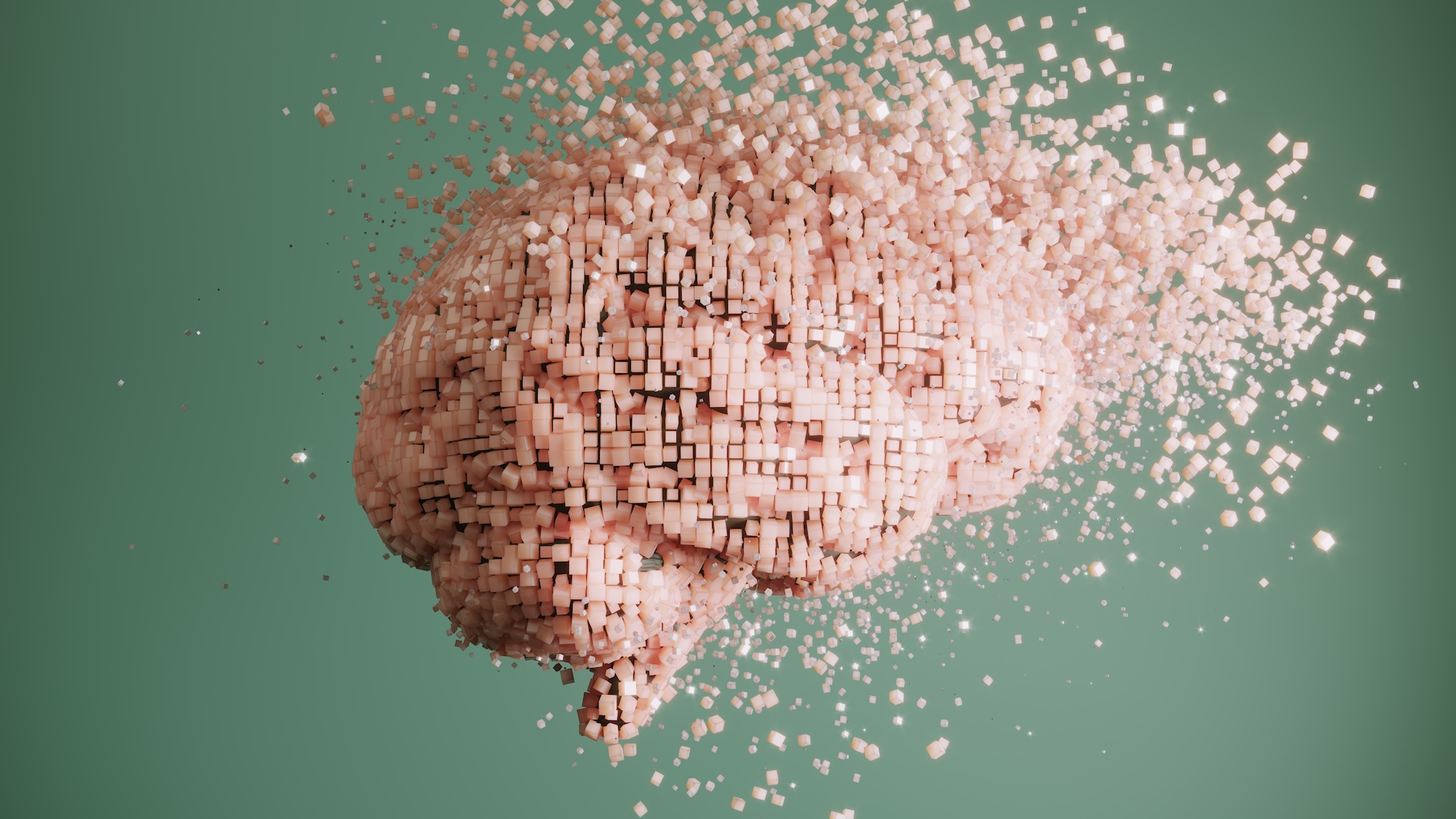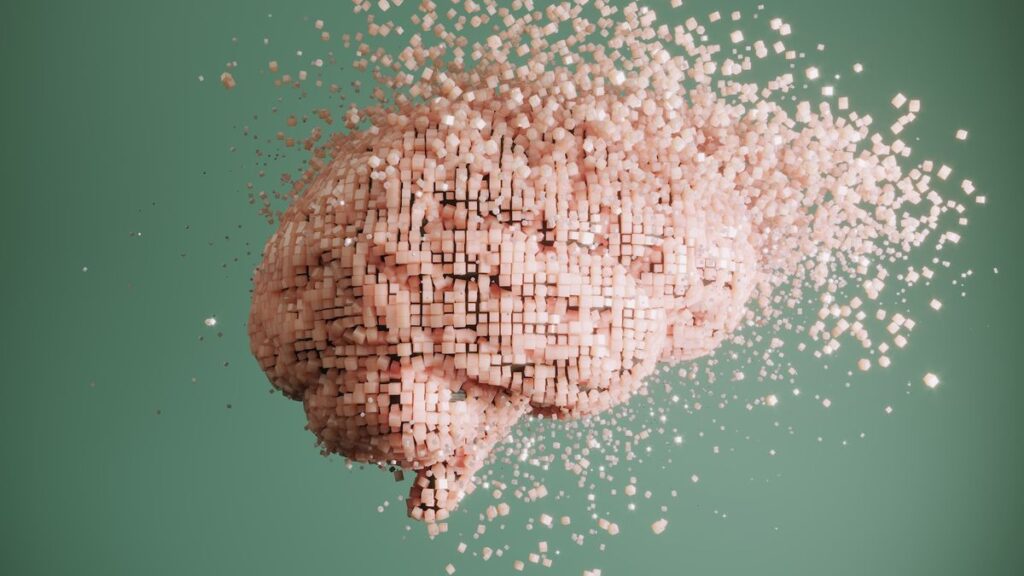
When a loved one dies, they leave behind their personal belongings, but what happens to all their life experiences? Could we ever retrieve memories from the brain of someone who’s died?
Retrieving some parts of memories may be possible, but it’s likely to be technically challenging, Don Arnold, a neuroscientist at the University of Southern California, told Live Science.
With today’s technology, retrieving memories might go something like this. First, identify the set of brain cells, or neurons, that encoded a specific memory in the brain and understand how they are connected. Then, activate those neurons to create an approximate neural network, a machine learning algorithm that mimics the way the brain works.
Memories are encoded by groups of neurons, Arnold said. Short- and long-term memories form in the hippocampus. Other parts of the brain store different aspects of a memory, like emotions and other sensory details, according to the Cleveland Clinic. Groups of neurons associated with a single memory leave a physical trace in the brain called an engram, Arnold said.
Neuroscientists have identified engrams in the hippocampuses of mouse brains. For instance, in a 2012 study published in the journal Nature, researchers found the specific brain cells associated with a memory of an experience that induced fear.
Related: How accurate are our first childhood memories?
If scientists had a full model of the human brain (which they don’t yet have), they could theoretically identify the location of the memory they wanted to retrieve, Arnold said.
But human memories can be complex, especially long-term memories that may be tied to locations, relationships or skills, according to the Cleveland Clinic. The retrieval of a dead person’s memories is further complicated because the discrete parts of a memory are dispersed throughout the brain; for instance sensory details that can also be stored in the parietal lobe and sensory cortex.
Neurons within a given engram are connected through synapses, the spaces between neurons where electrochemical signals travel, according to the National Library of Medicine. When a memory is triggered, it sets off a chain of firing synapses between these groups, which can be stored in different parts of the brain. Initially, neurons that were active during the original event make up an engram. But over time, there is evidence that memories move to different locations as they are consolidated in the brain, Arnold told Live Science in an email. “You get this sort of cascade of neurons that encode these different things, and each one of them is connected in this engram,” he said.
Simply cutting out the cells that form the engram wouldn’t be a good retrieval method. The engram is not really the memory — it’s just where the memory is stored, Arnold said. So, even if you found the engram, either through modeling or an experiment on someone while they were still alive (which is unlikely), it would be difficult to recreate the original event as experienced by the dead person.
“Memory is very reconstructive, meaning that you remember bits and pieces of an event, but you don’t really get the whole thing,” Charan Ranganath, the director of the Memory and Plasticity program at the University of California, Davis, told Live Science. It’s an economical way of forming memories, he said, because the brain can use things it already knows to fill in the blanks, and not have to make a new “record” for every part of the experience. For example, someone may remember eating chocolate cake and playing tag at their fifth birthday party. But they don’t remember other details, like which friends attended or whether it was raining. Yet, they retain the overall memory of that experience.
The best neural network model would require a lifetime of brain scans of someone repeatedly remembering events, Ranganath said. Then, perhaps, you could use the neural network to recreate a specific memory after someone dies. However, this assumes that memories are a static thing, like a file on a hard drive that replays a series of events. Instead, memory is dynamic, Ranganath said.
“We imbue our memories with all sorts of meaning and perspective in a way that is not necessarily reflective of the event,” he said. “We don’t replay the past, we just imagine how the past could have been.”All of this, he said, is in an attempt to understand our past experiences as more than a simple series of events. So for now, at least, memories of a life will die with the person who experienced it.
